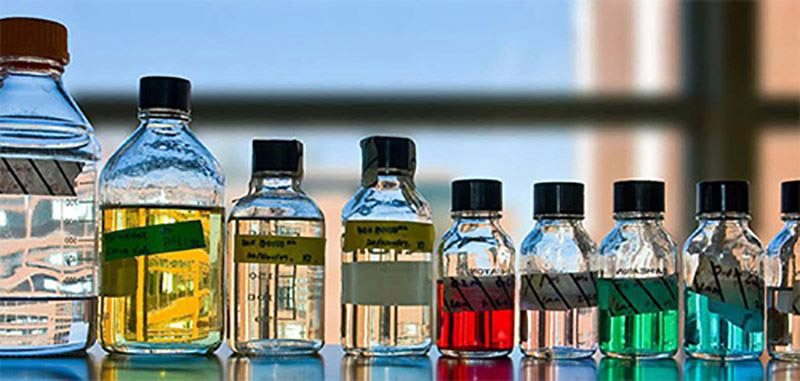
The Department of Pathology and Laboratory Medicine contributes significantly to a broad range of education programs on campus, including undergraduate medical education, pathology residency training, pathology fellowship training, biomedical sciences graduate training (Ph.D.), and postdoctoral research training. Training the next generation of physicians and biomedical scientists is given high priority through the creation of educational experiences that introduce recent advances in medical and scientific knowledge into learning.
Faculty and students in the Department of Pathology and Laboratory Medicine study the pathogenesis of human diseases. Graduate students in pathology attain successful careers in research, teaching, and service in molecular and cellular pathobiology, carcinogenesis, gene regulation, virology, tissue biology, and pathogenesis of various human diseases.
Pathology Masters of Science - Molecular Medicine and Health Sciences MMHS
The objective of the graduate program is to provide students with opportunities to study the cellular and molecular mechanisms of human diseases through didactic teaching and research training. The MMHS program is designed not only to enhance the academic credentials for individuals wishing to pursue a career in a health-related science, but also to ease the transition to medical/graduate school. There is a one-year track and a two-year track (which includes a thesis component) in the MMHS program.
The Tulane National Biomedical Research Center offers DVMs an opportunity to complete a PhD while conducting research on their campus. Please contact Dr. Jay Rappaport, the Director of the Tulane National Biomedical Research Center, for more information.
Tulane offers combined, integrated training in anatomic and clinical pathology. The goal of the pathology residency program is to provide flexible training experiences that will prepare trainees for careers in academic or community practice.
Tulane's residency program is an indispensable part of the department and the residents play a vital role in patient care, education, and research. The program's strengths lie in diagnostic surgical pathology, and we strive for balance between diagnostic and investigative pathology. The teaching faculty provide many opportunities for individual training across a wide range of specialties. We aim to prepare trainees for a lifetime of professional growth, and our graduates successfully obtain quality fellowships each year. Applicants are accepted into the residency program through the National Residency Matching Program (NRMP).
All fellowship programs are ACGME-accredited.
Cytopathology - The cytopathology fellowship program is a one-year training program that currently offers 1 position annually. It is designed to provide the fellow with the necessary opportunities, experience, and background to become proficient in all aspects of cytopathology.
Dermatopathology - The dermatopathology fellowship program is a one-year training program that currently offers 1 position annually. It is designed for individuals with a background in pathology or dermatology pursuing a career in dermatopathology. This is achieved principally through daily rotation between dermatopathology and dermatology or anatomic pathology disciplines based on the trainee's background.
Hematopathology - The hematopathology fellowship program is a one-year training program that currently offers 1 position annually for those at a PGY4 level or above. Training occurs predominantly at the East Jefferson General Hospital clinical laboratory, under supervision by the Tulane hematopathology faculty.
Postdoctoral Research Training Program
Individual research laboratories offer post-doctoral fellowships. Fellows undertake a major research project under the guidance of the principal investigator of the laboratory. As part of this process, fellows learn how to develop a successful research program. This includes methodology, such as formulating hypotheses, designing well-controlled experiments, and critically evaluating results. Fellows are taught how to write manuscripts and give scientific presentations. They are required to present their results in weekly departmental research seminars. Additionally, they are expected to attend grand rounds, as well as the research meetings for their individual laboratories. The goal at the end of the training period is to prepare fellows to conduct independent research programs and successfully obtain research support.
